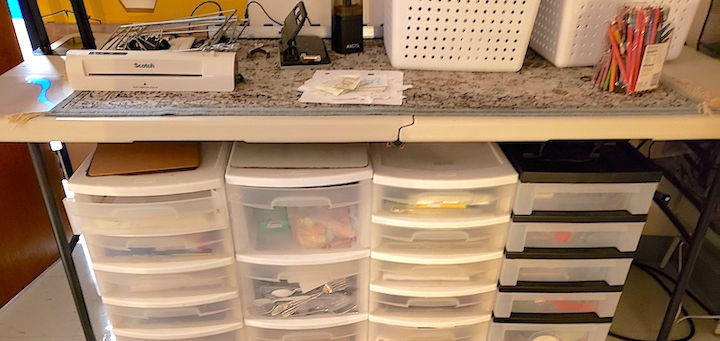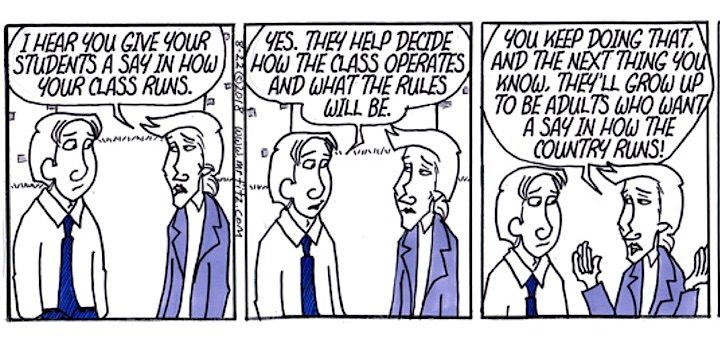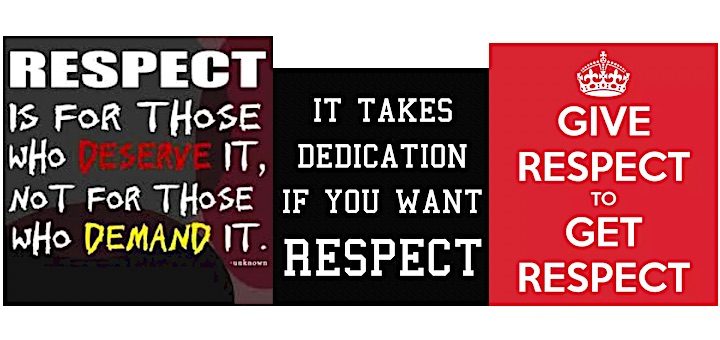Tagged: classroom management
Many school problems are social at their core. When teachers and counselors give students a leadership role in normalizing the problems – making them accessible and resolvable – the community culture improves for everyone, says national counseling leader Jean Peterson.
This school year the chronic student supplies problem has been worsened by lack of school funding, inflation, increasing expectations for digital devices, and the pandemic’s devastating financial impact. Middle grades teacher Dina Strasser shares one equitable solution.
Unexpected events in classrooms steal precious teaching time and lead to frustrated students and teachers. Expected routines provide comfort and familiarity so students can focus on the challenges of learning new things. Teacher Kelly Owens shares her routine-building strategies.
We Belong by Laurie Barron and Patti Kinney offers a community-forward approach to classroom management that promotes a culture in which schools become “places where [students] can discover who they are and who they want to become” through the year, writes Michael McLaughlin.
When Curtis Chandler began ‘longboarding’ to work, he endured a newbie’s trial-by-fire. After many bruises he took a friend’s words to heart and opened to the learning experience. The tips he shares here can help beginning teachers “embrace the challenging reality of our profession.”
Effective class management begins with dynamic planning and engagement, writes instructional specialist Miriam Plotinsky. Teachers who focus not just on delivering information but responding to student feedback in the moment can avoid “helicopter teacher” syndrome. Here’s how.
Belle O’Neill devoted three decades to classroom teaching before becoming a speaker and teacher educator. Her six principles of teacher professionalism are written with pre-service and novice teachers in mind and “may be used to build your reputation throughout your career.”
As educators seek to return to a safer and more predictable learning environment, Barron and Kinney’s We Belong can be a valuable easy-to-use classroom management resource for teachers wanting to connect with their students so they thrive both academically and emotionally.
“My collaborative approach to discipline may sound too good to be true. But it’s still working, eight years into the experiment,” writes David Finkle. “Some classes respond immediately; some need time to adjust to the paradigm shift. But in the end, it nearly always works.”
Is there a price students must pay to earn a teacher’s respect? The posters in Dina Strasser’s classroom and school seem to frame “respect” as a transaction. Given the power and skill imbalance that exists between student and teacher, can that possibly be good practice?




















